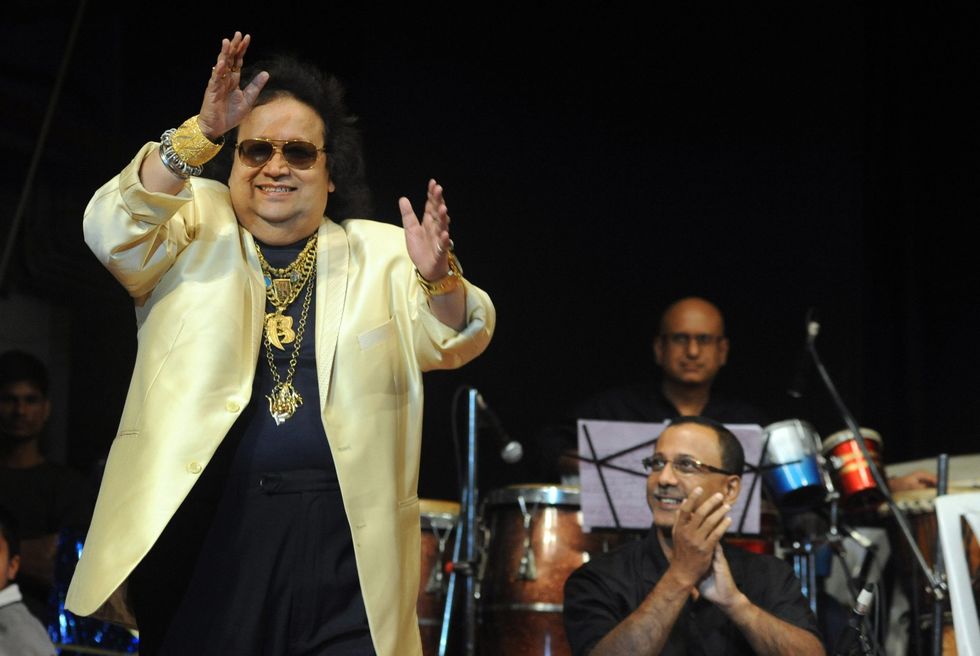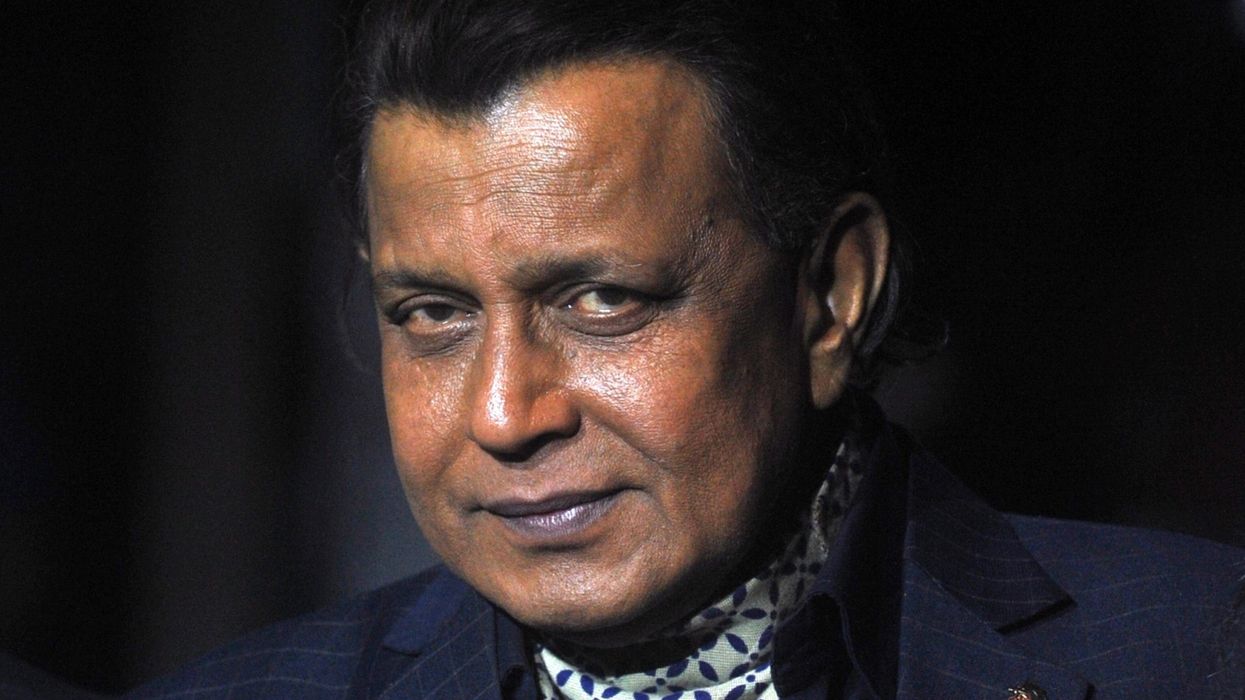Veteran actor Mithun Chakraborty says his partnership with Bappi Lahiri was iconic because the singer-composer understood his dancing and created chartbuster music keeping his “different” style in mind.
Remembering Lahiri, who breathed his last on Tuesday night at the age of 69, Chakraborty said he wants to remember the composer from the days they spent together.
In an interview with PTI, Chakraborty said the composer was an artiste who truly understood his craft. “The best part was that Bappi da understood my dancing. I brought something new – disco dancing, which was a departure from others. Bappi da understood that I dance differently and so he started giving music accordingly. It became like 1+1=2, we connected. When we became one, we gave legendary hits."
Chakraborty's first brush with stardom was with the 1979 hit Surakksha, which was aided by Lahiri's music, especially the track "Gunmaster G9". The duo became a formidable force with their later works Disco Dancer (1982), Kasam Paida Karne Wale Ki, and Dance Dance.
Chakraborty was given the moniker of a dancing star, with Lahiri firmly backing him with songs like "I Am A Disco Dancer", "Jimmy Jimmy Jimmy Aaja", "Yaad Aa Raha Hai", "Come Closer".

The 71-year-old actor said the best part about Lahiri was that he operated without any ego. If there was a suggestion Chakraborty had, Lahiri was all ears. "Bappi da was very open, he was an ego-less man. If you told him, 'Bappi da I heard a song, would you like to hear? I want a similar song' he would be open to it. If he liked it, he would work on it. That was the best part, otherwise, we would be scared to approach any other music directors, worried how they would react (to suggestions)".
When Lahiri passed away, fans flooded social media with songs of the duo, recalling their collaboration which dominated music charts the entire 80s. Chakraborty said he was in Bengaluru when his long-time collaborator breathed his last but he was so grief-stricken, he didn't want to remember Bappi Da in that state.
"I was in Bangalore (when he passed away). I didn't want to see him like that. I want to remember Bappi da the way I know him, I just don't want to remember this Bappi da, I don't even want to see it because Bappi da will remain with me forever. That is my thinking," the actor said.
"When my father passed away during the pandemic, I could not come. I didn't want to see him like that, I wanted to remember him for how we were. Similarly, I want to remember Bappi da for how we used to sit together and make songs, listen to songs. I just want to remember the good days with him," he added.
Though Lahiri is credited for revolutionising the disco sound for the Hindi film music landscape in the 70s and 80s, the veteran said the composer should never be boxed in that image.
"He should not be confined to just disco; he was a genius. He gave hit songs for every hero, every heroine, every producer. Nobody can forget him; he is a legend and I am sure his soul would be in heaven. I will miss him forever," he added.
Chakraborty currently stars in Prime Video's psychological thriller series Bestseller, which marks his digital debut. Backed by filmmaker Siddharth Malhotra's Alchemy Production LLP and directed by Mukul Abhyankar, Bestseller also stars Shruti Haasan, Arjan Bajwa, Gauahar Khan, Satyajeet Dubey, and Sonalee Kulkarni in significant roles.




